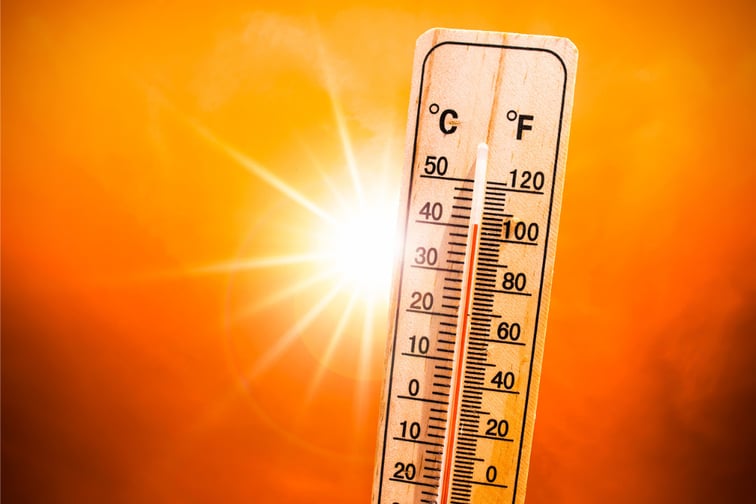

Extreme temperature conditions are now up to five times more likely to occur in New Zealand, according to a study by the National Institute of Water and Atmospheric Research (NIWA).
Researchers from NIWA analysed 70 years’ worth of nationwide weather data to see how frequently extreme events, such as record-breaking heatwaves, are happening. The data showed that the frequency of these events is increasing at a much faster rate than the mean average temperature.
Over the past 10 years, there were on average four to five times more extreme temperature events than would be expected in a climate with no long-term warming. Even when factoring in climate change, New Zealand still experienced two to three times more extreme high temperatures than expected.
Rain has also become scarcer, with New Zealand’s east coast experiencing twice as much dry conditions than expected.
Extreme temperature can lead to wider property damage caused by weather events, and hotter, drier conditions are more conducive to wildfires.
Raghav Srinivasan, NIWA climate database scientist and lead author of the study, said the data backs up the anecdotes that the weather is getting wilder.
“We instinctively know that we’re experiencing more hot, dry days and record-breaking weather events, especially as they’re often reported in the news,” Srinivasan said. “This study has given context to this by showing the frequency of these extremes and how they have changed over the last seven decades in New Zealand. In the last decade, NIWA has reported many record-setting high temperature extremes. We did this work to quantify those patterns and we can say much more confidently that climate change is no longer a thing of the future. It is happening to us now. The extreme events that we were once warned about are playing out across the globe, with droughts, storms and forest fires happening a lot more often than even just a couple of decades ago.”
